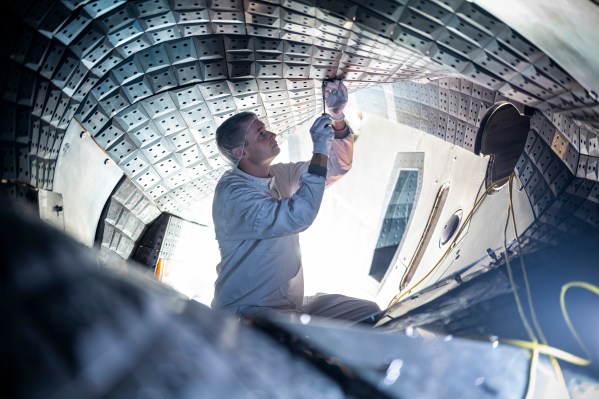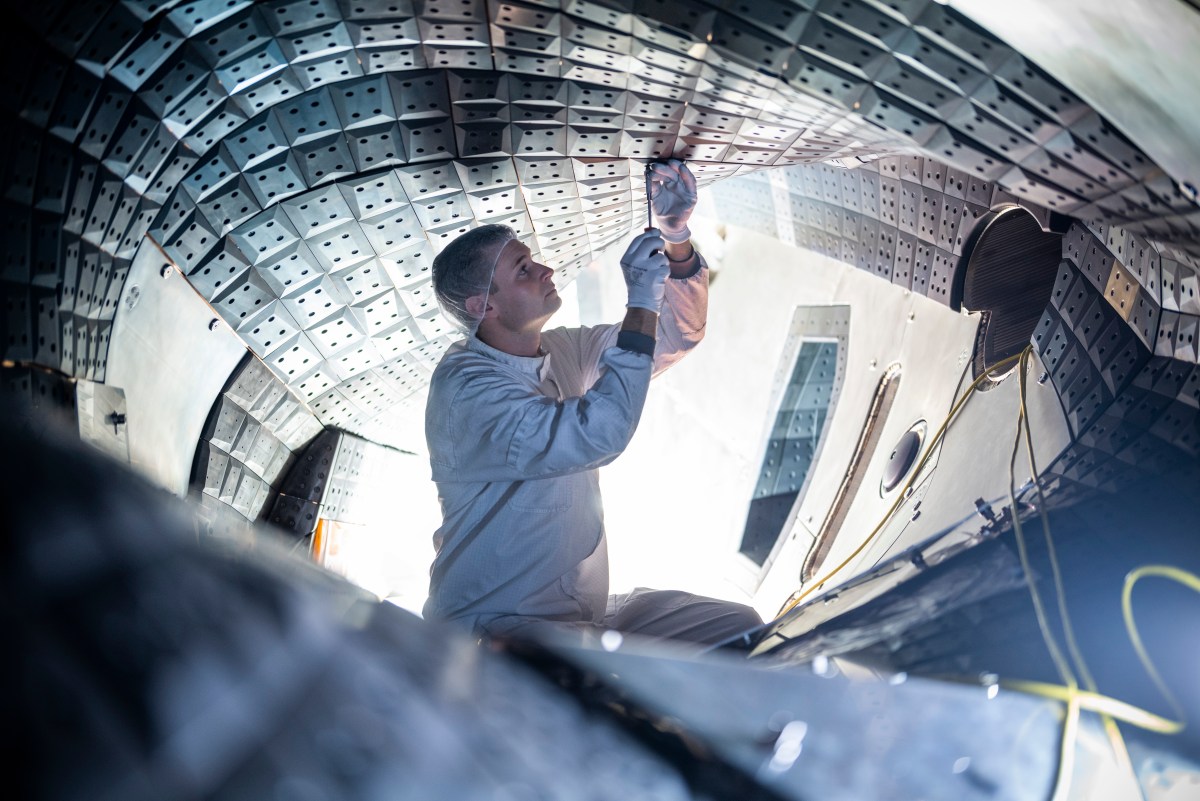The oversubscribed round is yet another sign of fusion’s maturity

One fusion startup is betting that a 70-year-old idea can help it leapfrog the competition, so much so that it’s planning to skip the experimental phase and hook its prototype reactor up to the grid.
The decades-old concept, known as a stellarator, is deceptively simple: design a fusion reactor around the quirks of plasma, the superheated particles that fuse and generate power, rather than force the plasma into an artificial box. Easier said than done, of course. Plasma can be fickle, and designing “box” around the fourth state of matter is fiendishly complex.
That’s probably why stellarators spent years in the fusion-equivalent of the desert while the simpler doughnut-shaped tokamak ate everyone’s lunch, and nearly all of their research funding.
But not all of it. Type One Energy is the brainchild of a handful of physicists steeped in the stellarator world. One built the HSX stellarator at the University of Wisconsin-Madison, two more performed experiments on it, and a fourth worked on the Wendelstein 7-X reactor, the world’s largest stellarator.
Together, they founded Type One in 2019 and nudged forward their approach to fusion at a steady pace. The company wasn’t in stealth — TechCrunch+ identified it as a promising fusion startup last year — but it was operating on a slim budget.
